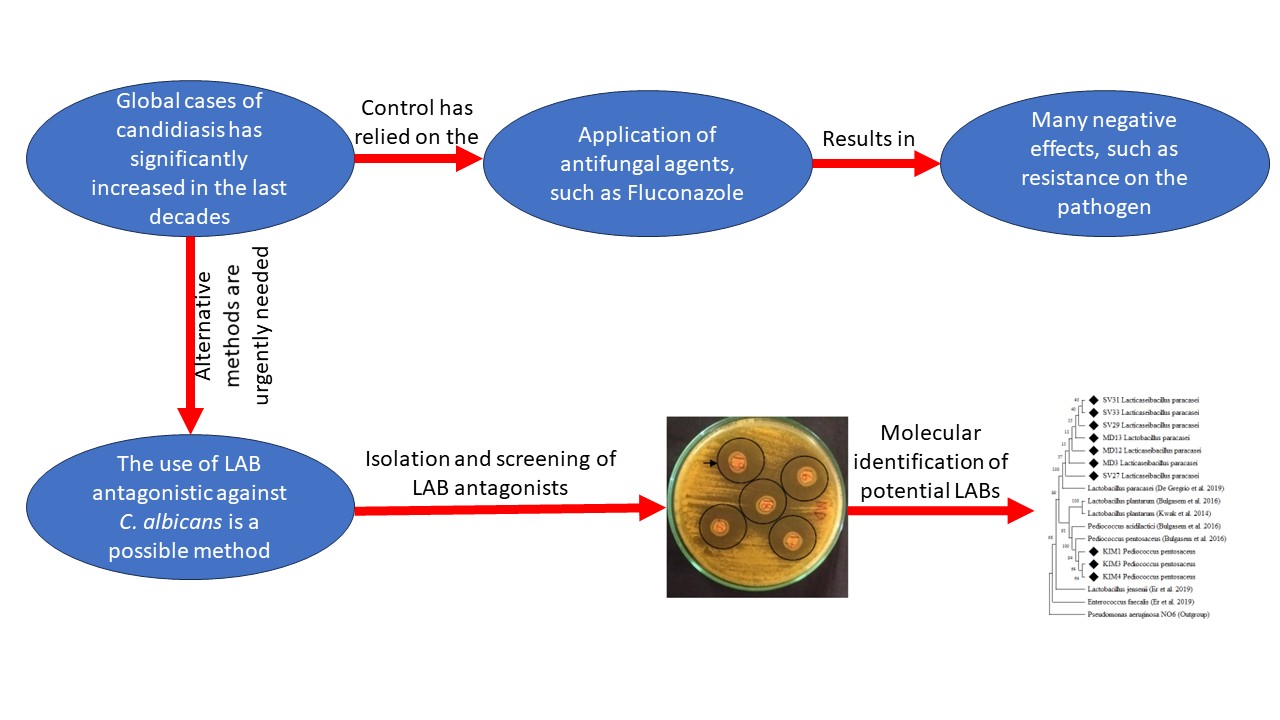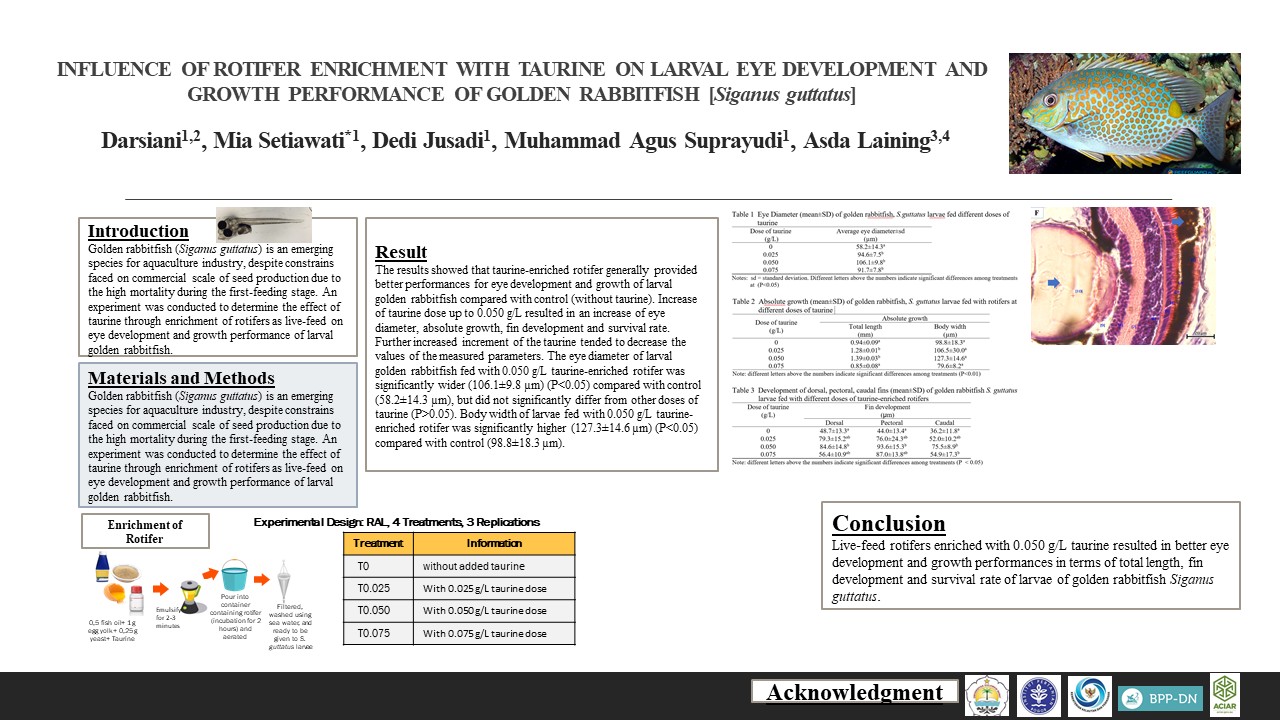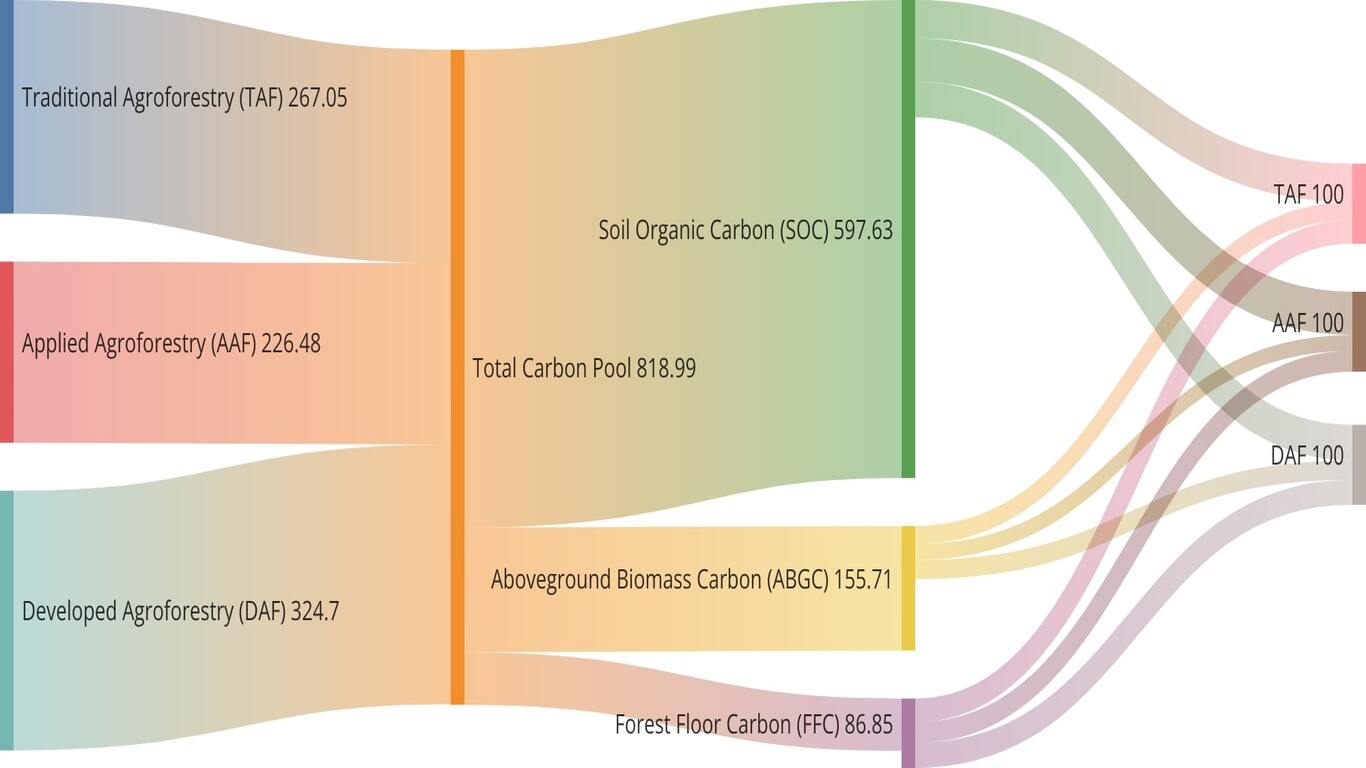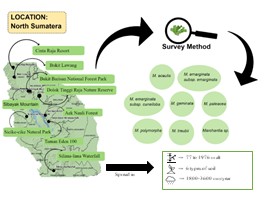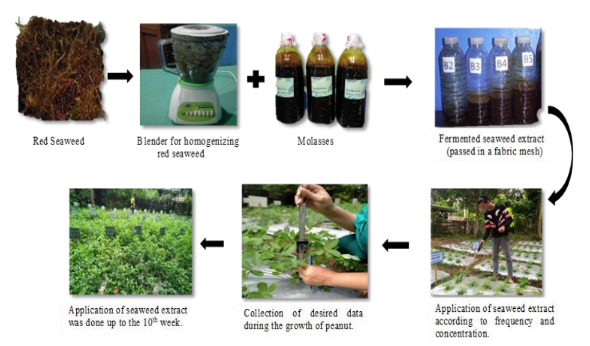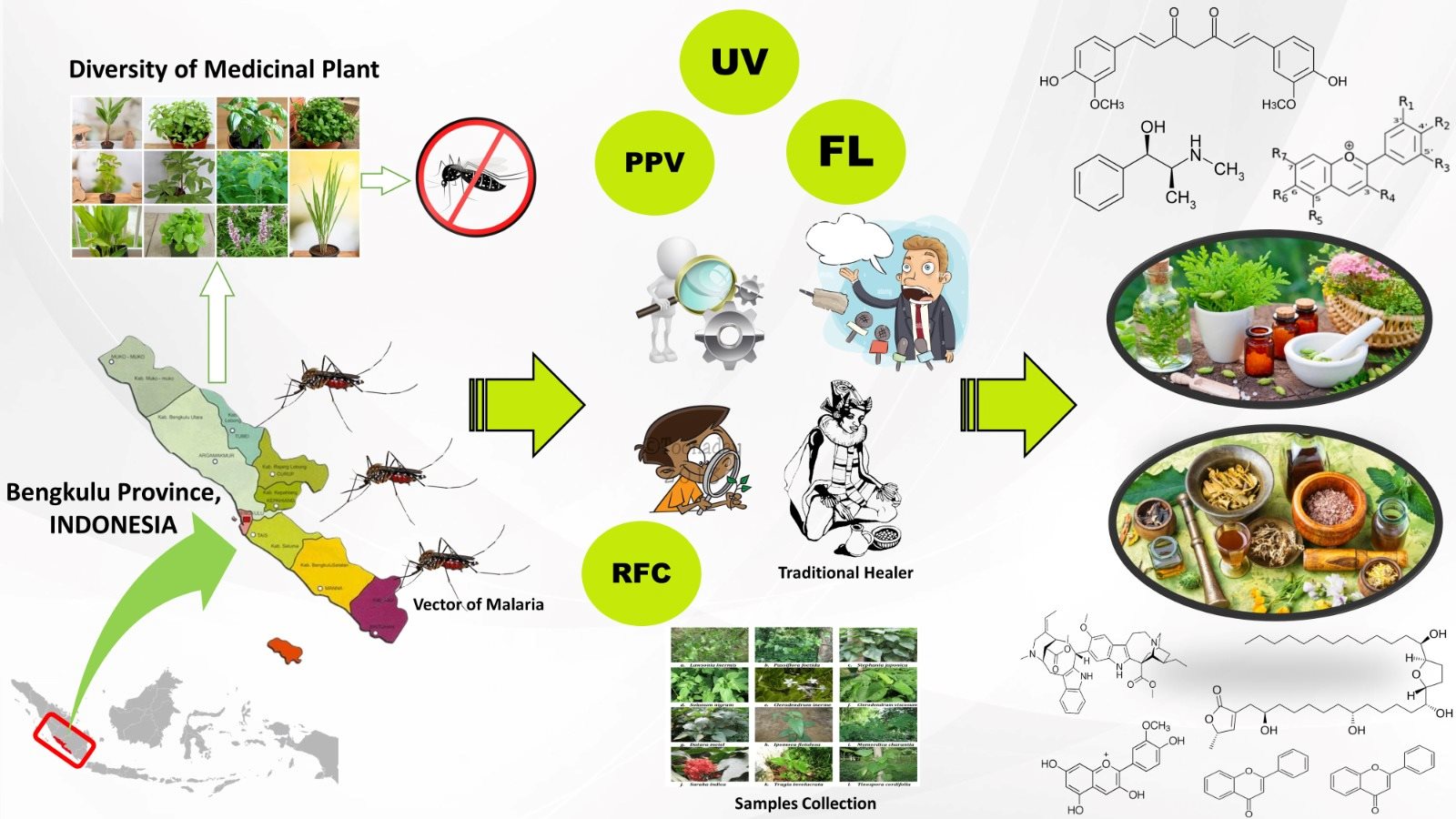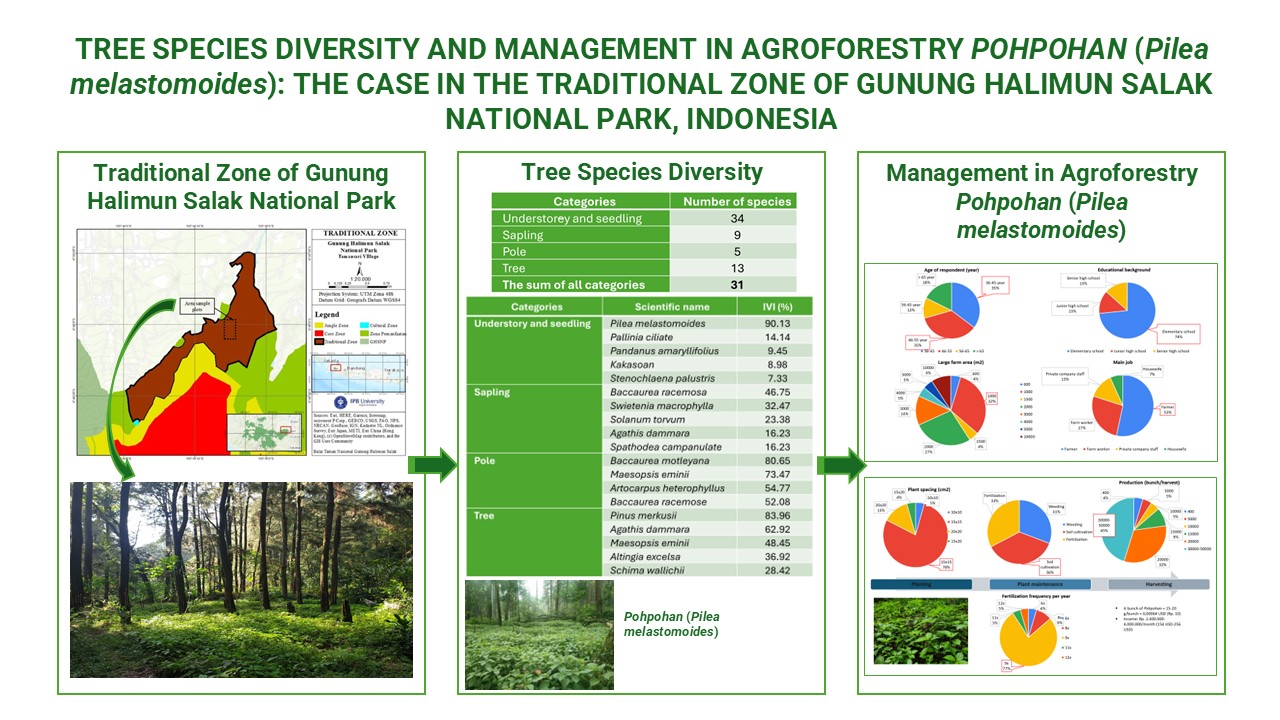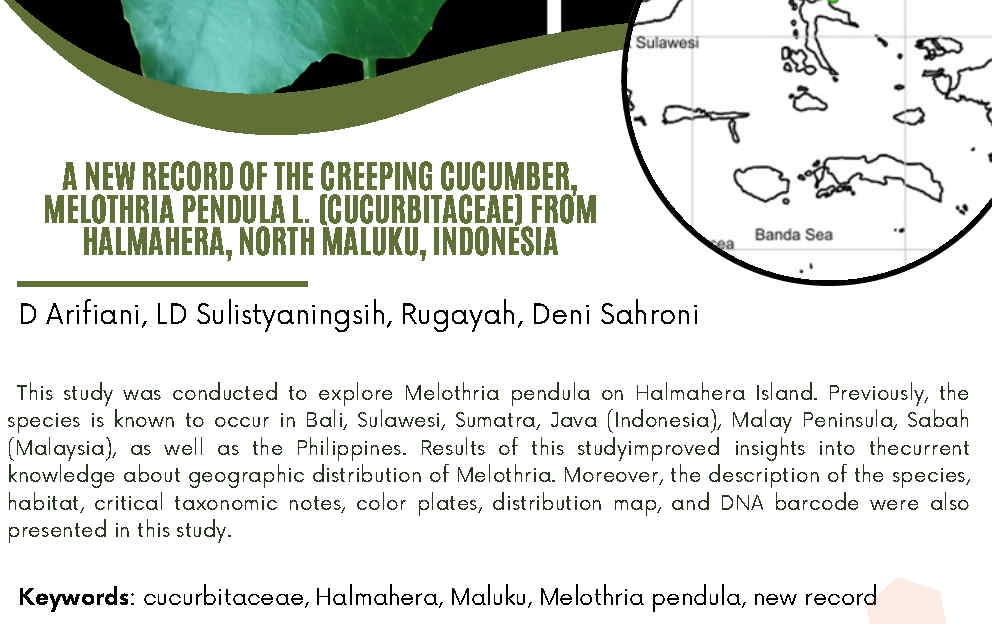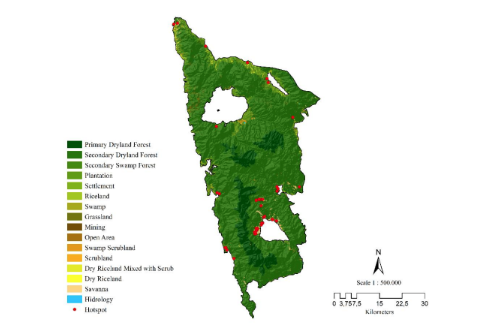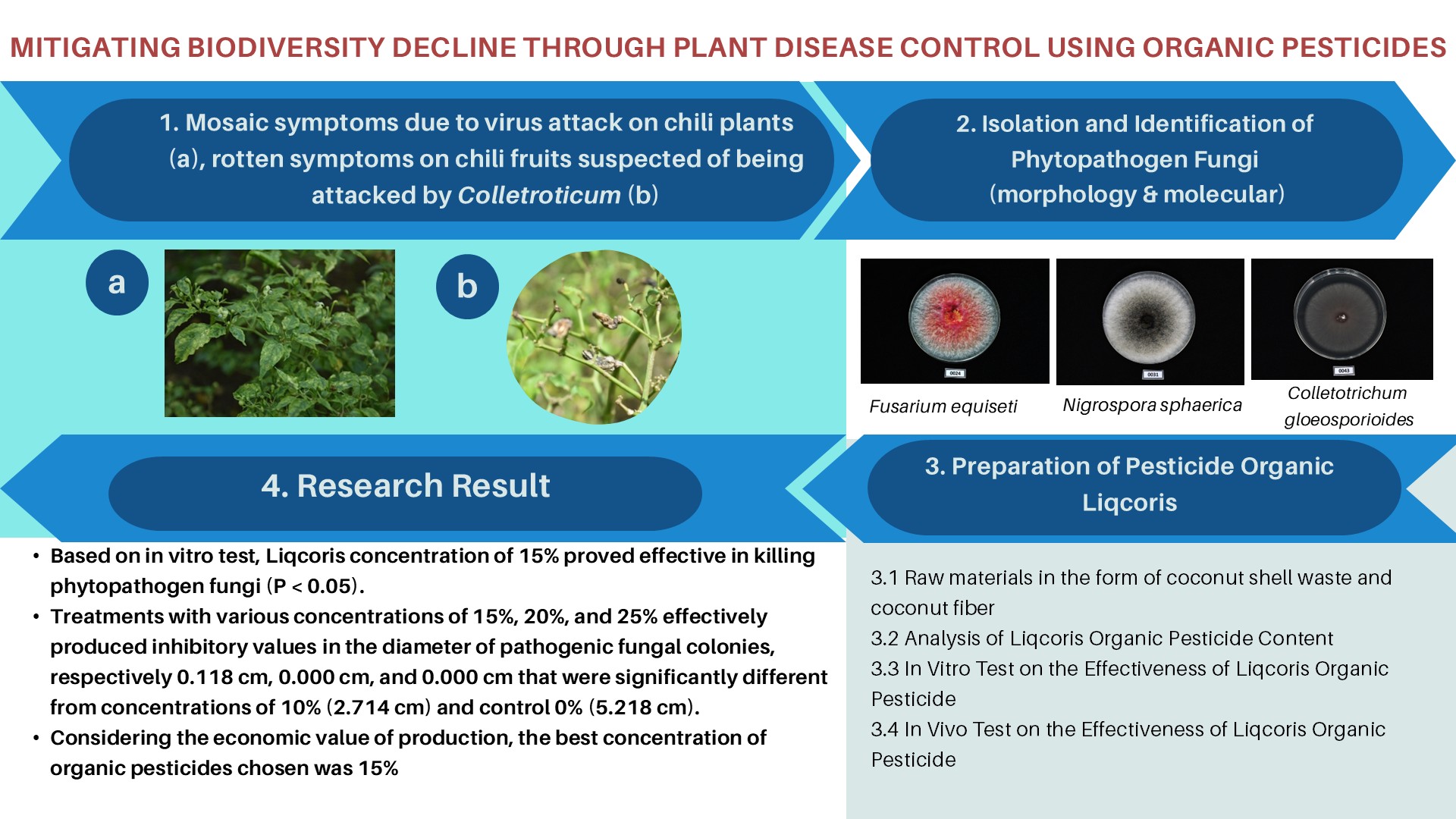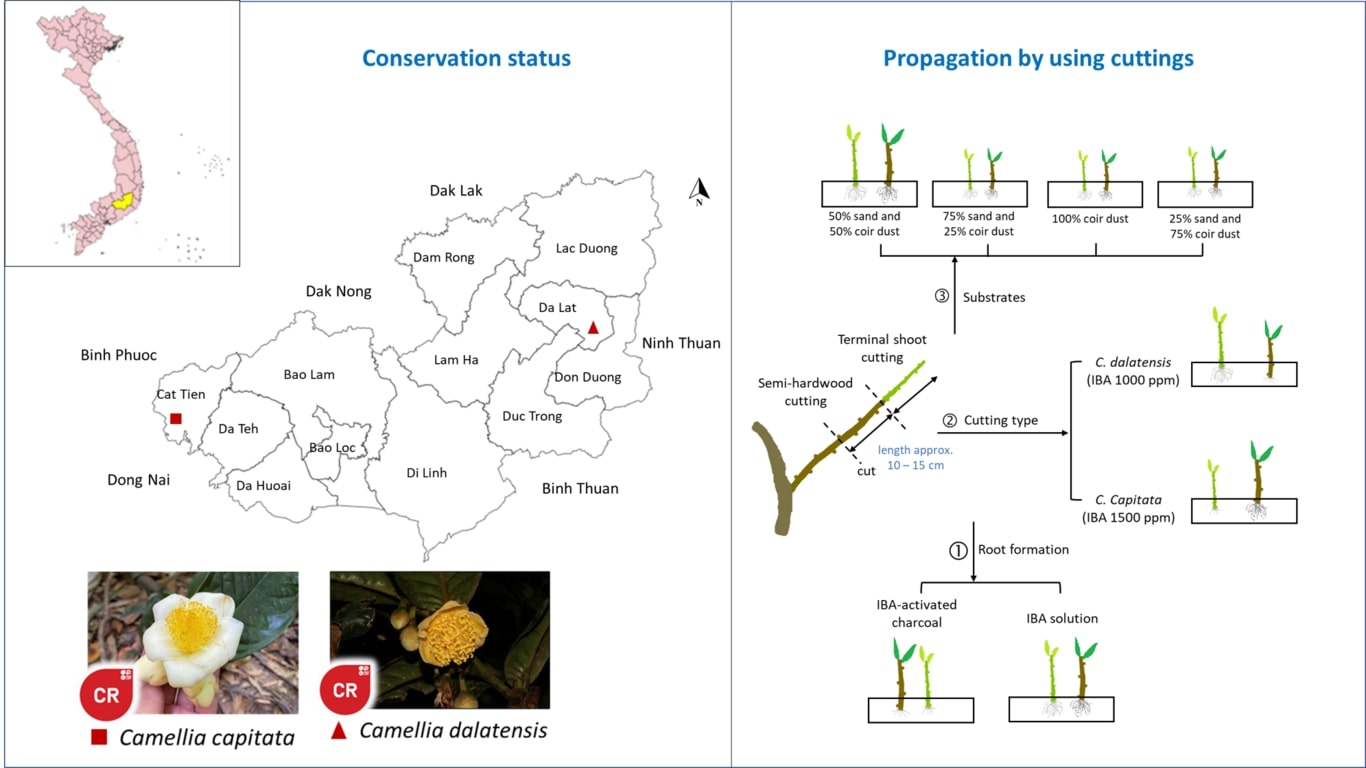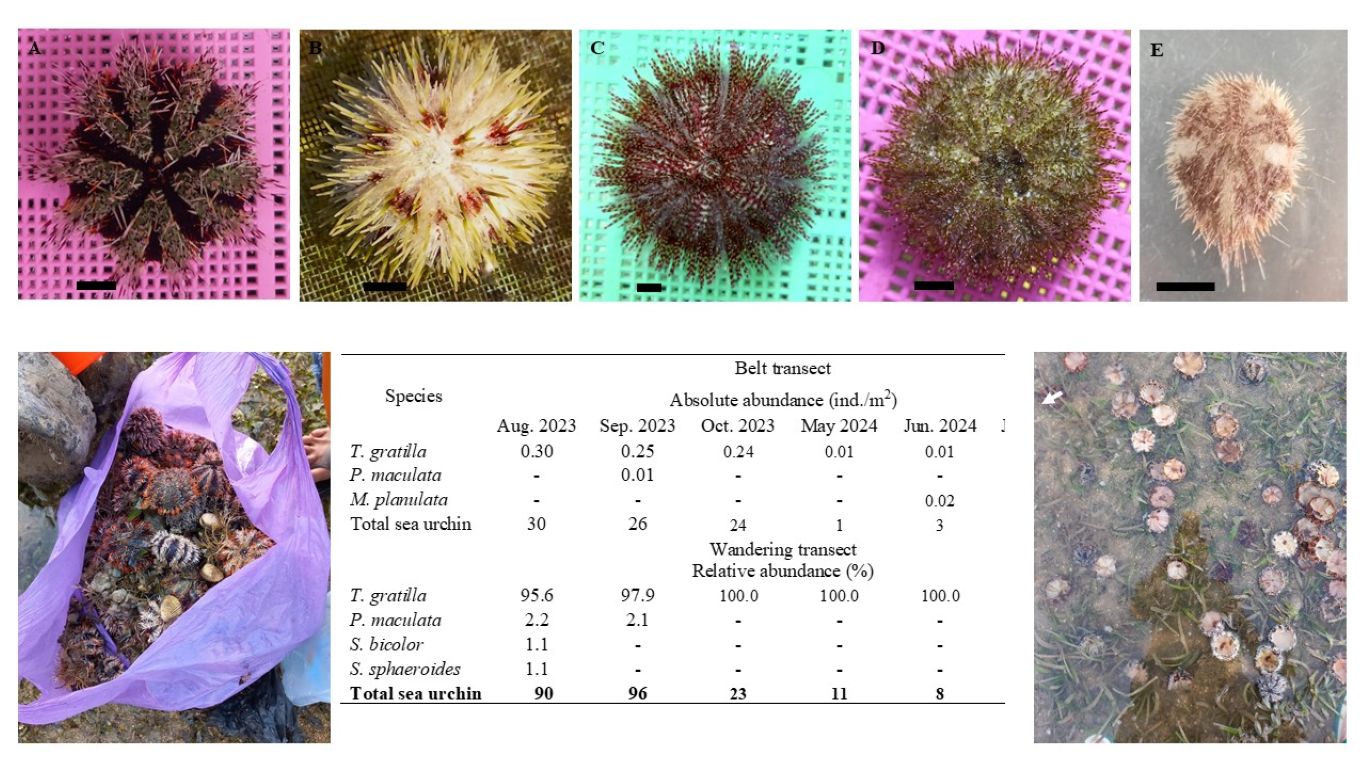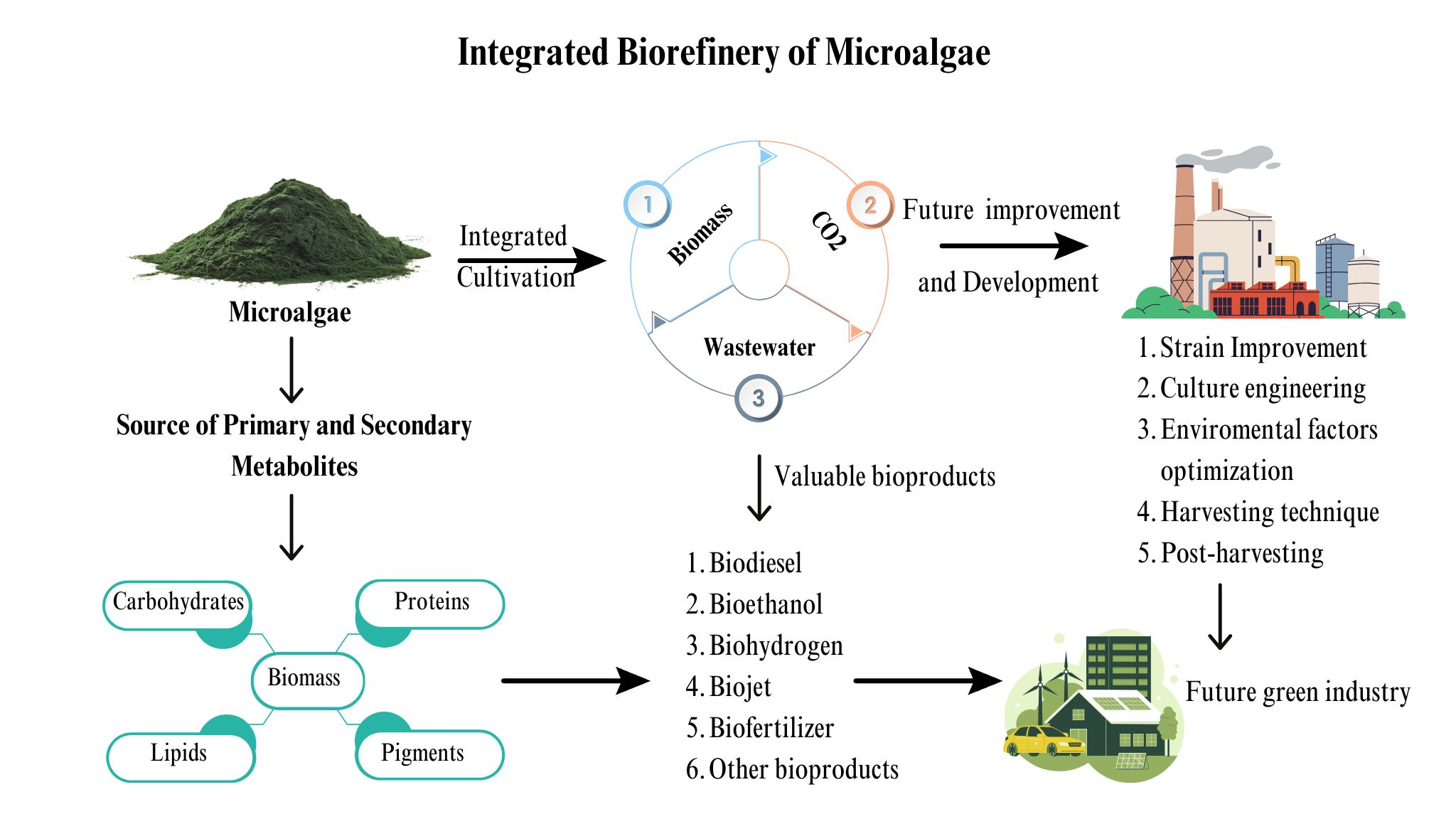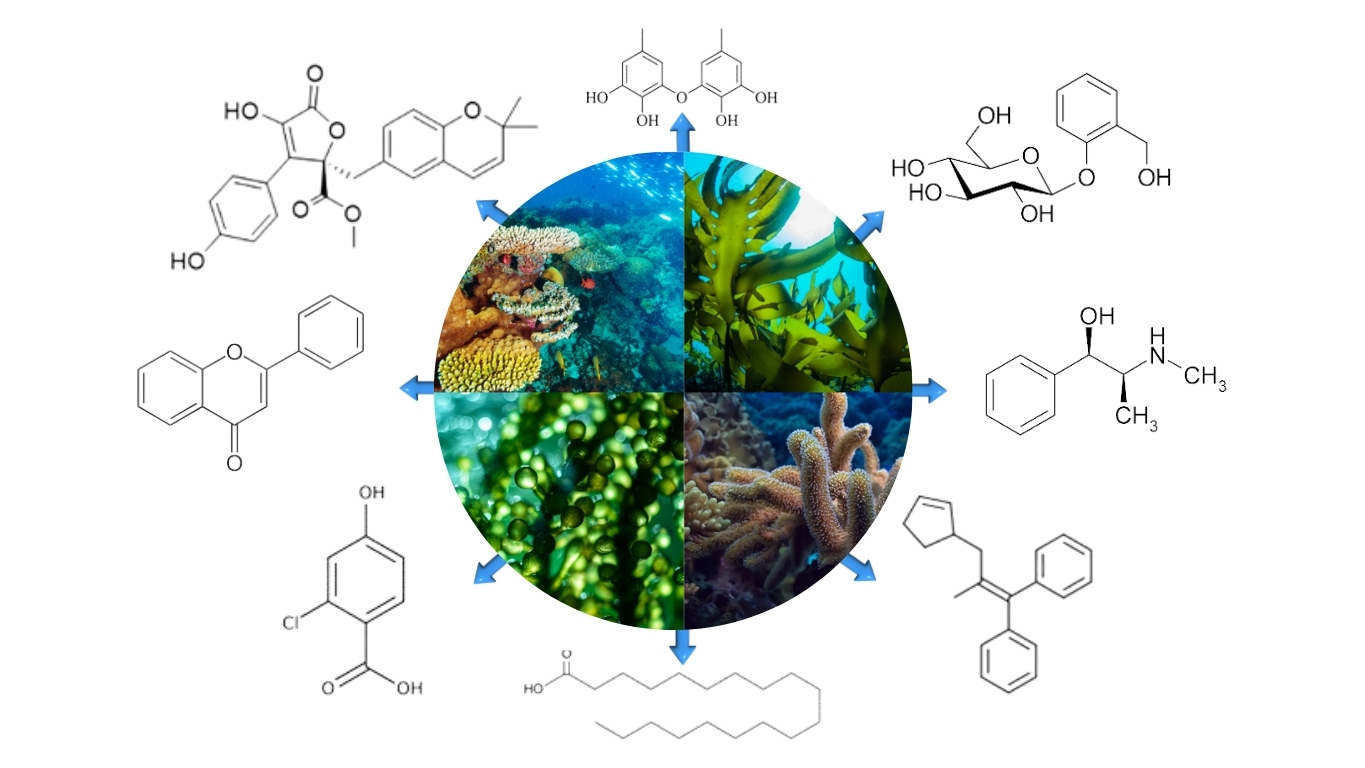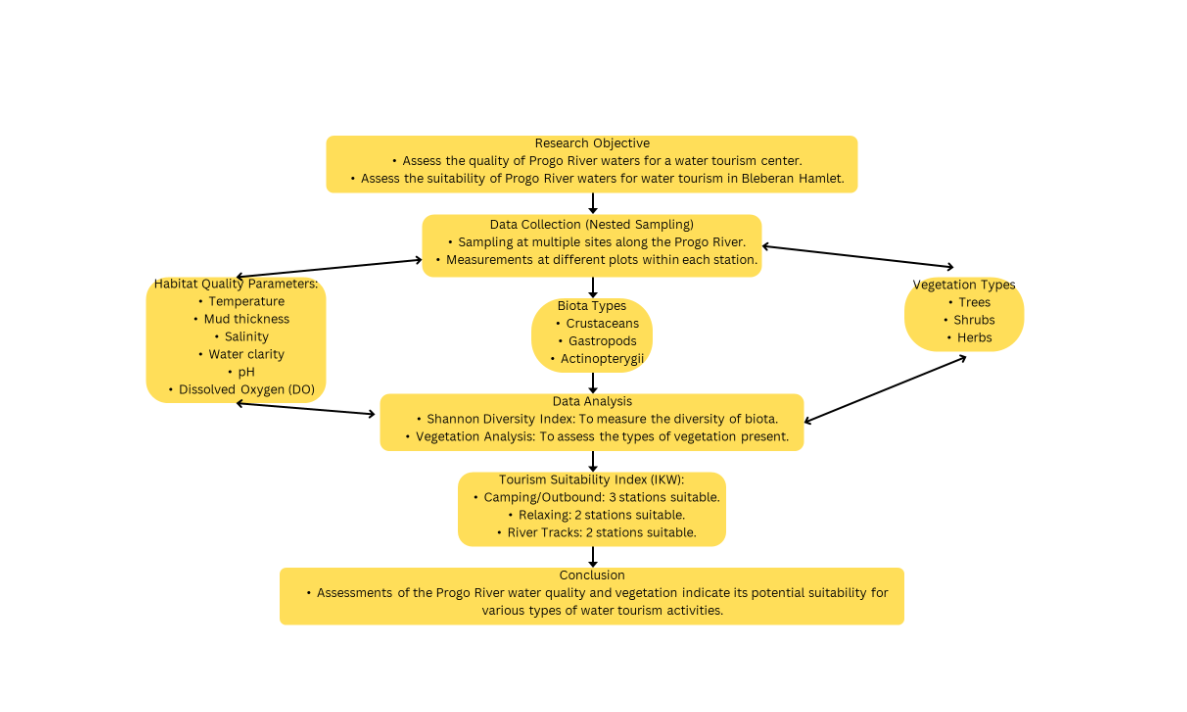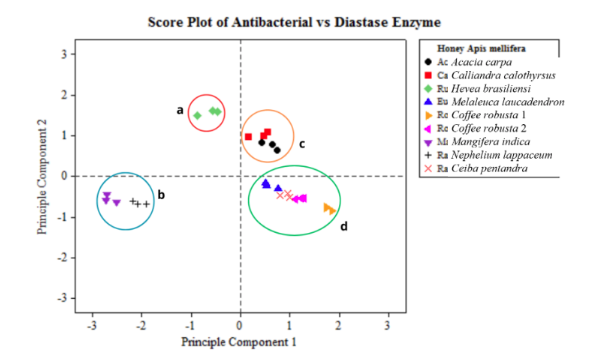EFFECTS OF DIETARY PROBIOTIC Bacillus NP5 ON THE GROWTH PERFORMANCES OF CATFISH (Clarias sp.)
Downloads
Probiotic have long been applied to aquaculture and produce positive effects on fish and shrimp. This research aimed to evaluate the effect of probiotic Bacillus NP5 to promote the growth of catfish (Clarias sp.). Five doses Bacillus NP5 with 3 replicates, namely 0% probiotic (control), 0.5 % probiotic, 1% probiotic, 1.5% probiotic and 2% probiotic (g/100 g feed) were used. The result showed that application of probiotic in catfish feed can promote better growth performance compared to control. Total digestibility and protease enzyme activites were significantly highest in 1% probiotic. The value of specific growth rate showed in 1% probiotic (2.67±0.18% day-1), followed by 2% probiotic (2.63±0.02% day-1), 1.5% probiotic (2.42±0.07% day-1), 0.5% probiotic (2.29±0.14% day-1) and control (1.60±0.01% day-1). The addition of 1% Bacillus NP5 as probiotic in catfish feed showed the best result on protease enzyme activities, protein digestibility, total digestibility, final weight, specific growth rate, weight gain, feed efficiency and, the protein efficiency ratio than other probiotic doses.
Downloads
Authors who publish with this journal agree with the following terms:
- Authors retain copyright and grant the journal right of first publication, with the work 1 year after publication simultaneously licensed under a Creative Commons attribution-noncommerical-noderivates 4.0 International License that allows others to share, copy and redistribute the work in any medium or format, but only where the use is for non-commercial purposes and an acknowledgement of the work's authorship and initial publication in this journal is mentioned.
- Authors are able to enter into separate, additional contractual arrangements for the non-exclusive distribution of the journal's published version of the work (e.g., post it to an institutional repository or publish it in a book), with an acknowledgement of its initial publication in this journal.
- Authors are permitted and encouraged to post their work online (e.g., in institutional repositories or on their website) prior to and during the submission process, as it can lead to productive exchanges, as well as earlier and greater citation of published work (See The Effect of Open Access).

